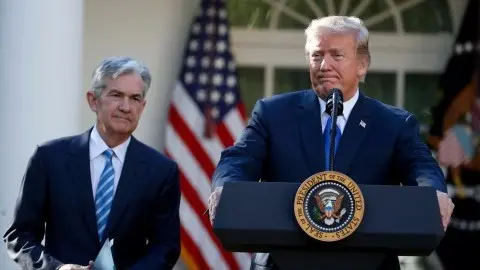China: Exports better than expected with unusual jump in some items
China's exports were better than expected in July, even seeing positive growth. But we found some unusual export activity, which may have distorted the headline number
China's export turnaround is puzzling
China's exports jumped 3.3% year-on-year in July from -1.3% a month ago. But the devil is in the detail.
Unusual items appeared to be very supportive to exports. China exported more coal (64% month-on-month), which could be due to a surplus in coal mining, as well as more fertiliser (42% MoM). It even exported more crude oil (56% MoM), which is very unusual because China's crude exports had fallen 61.8% YoY year-to-date.
It is possible that these exports are going to the Belt and Road economies which, if true, could be the start of a new trend for China's exports.
The more typical export items put in a fairly average performance. Handsets grew 9% MoM but were down 15.8% YoY YTD and auto-process computers fell 8.0% MoM. Combining the two, we don't hold a very positive view of China's exports because these two items usually comprise much of the growth.
August number could be good due to front-running tariffs, again
As there will be 10% tariffs on $300 billion of Chinese exports to the US effective on 1 September, there will be some front-running export activities in August to avoid the tariffs.
But this factor is a one-off, so for the rest of the year, we expect China's export volume to shrink due to the escalation of the trade war.
Weaker yuan wont' create currency war
Though the People's Bank of China has allowed the USD/CNY to cross the 7.0 handle, this is not the beginning of a currency war. Other Asian export economies' currencies will weaken, together with the yuan. The relative change in the exchange rate among Asian currencies should be very small, in our view.
Small scale depreciation of the yuan won't help export
As we have argued, if Chinese exporters lose orders due to tariffs rising from 10% to 25%, it is difficult to see how they could benefit from a weaker yuan.
We suspect that more exporters will move away from the US market to Europe and the domestic market to avoid the tariffs.
Download
Download snap
8 August 2019
In case you missed it: Race to the monetary bottom This bundle contains 8 Articles